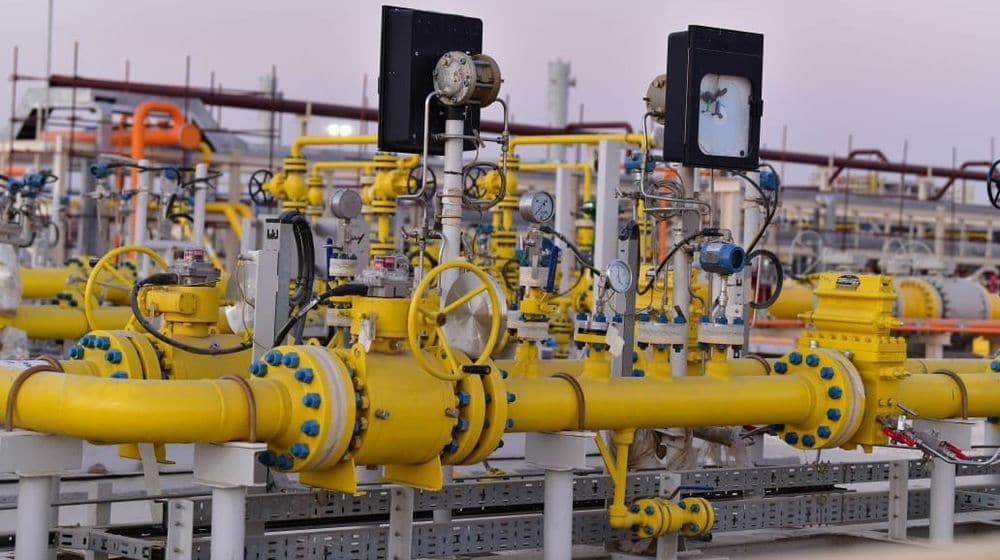Islamabad: Pakistan has moved from a state of natural gas shortage to a surplus, but not due to increased production or new discoveries.
Instead, this shift is attributed to a drastic decline in demand, driven by soaring gas prices that have made consumption unaffordable for both industries and households.
This assessment comes from Zubair Motiwala, a prominent industrialist and former president of the Karachi Chamber of Commerce and Industry (KCCI), in a recent talk with media.
Motiwala explained that while no new gas reserves have been discovered, the increase in gas prices—enforced as part of the International Monetary Fund’s (IMF) recommended reforms—has forced many consumers to reduce or abandon usage.
The cost for industrial gas has surged to Rs4,200 per mmbtu, pricing out many businesses.
Currently, Pakistan’s domestic gas production stands at just over 3,000 mmcfd, with LNG import terminals adding another 1,200 mmcfd to the system. However, due to declining demand, this infrastructure is now operating below capacity.
He noted that industrial gas consumption in Sindh, particularly from captive power plants connected to the Sui Southern Gas Company (SSGC) network, has plunged from around 200–220 mmcfd to only 99 mmcfd.
Many factories have transitioned to alternative energy sources like biomass to cut operational costs.
Motiwala recounted a recent incident where gas pressure reached an abnormal 15 pounds in a SITE-area factory, damaging equipment—an example of demand falling so sharply that the system’s stability is being affected.
Veteran businessman Arif Habib echoed Motiwala’s concerns, noting that while supply is no longer a problem, pricing has become the core issue.
Read More: CPPs Shutdown to Cost Sui Gas Firms Rs420bn
The gap between the cost of locally produced gas and imported Re-gasified Liquefied Natural Gas (RLNG) has narrowed, pushing industrial tariffs to levels that are no longer sustainable.
Motiwala further stated that the business community has raised these critical concerns with relevant authorities, including the Oil and Gas Regulatory Authority (OGRA).
Despite surplus availability, gas utilities still practice load-shedding, especially in the residential sector, worsening the crisis and highlighting inefficiencies in the distribution system.
Also Read: Govt Announces Massive Increase in Gas Prices
In summary, while Pakistan technically has sufficient gas, the steep costs and declining affordability have led to underutilization of resources, disrupted industrial operations, and prompted a shift away from natural gas in key sectors.
